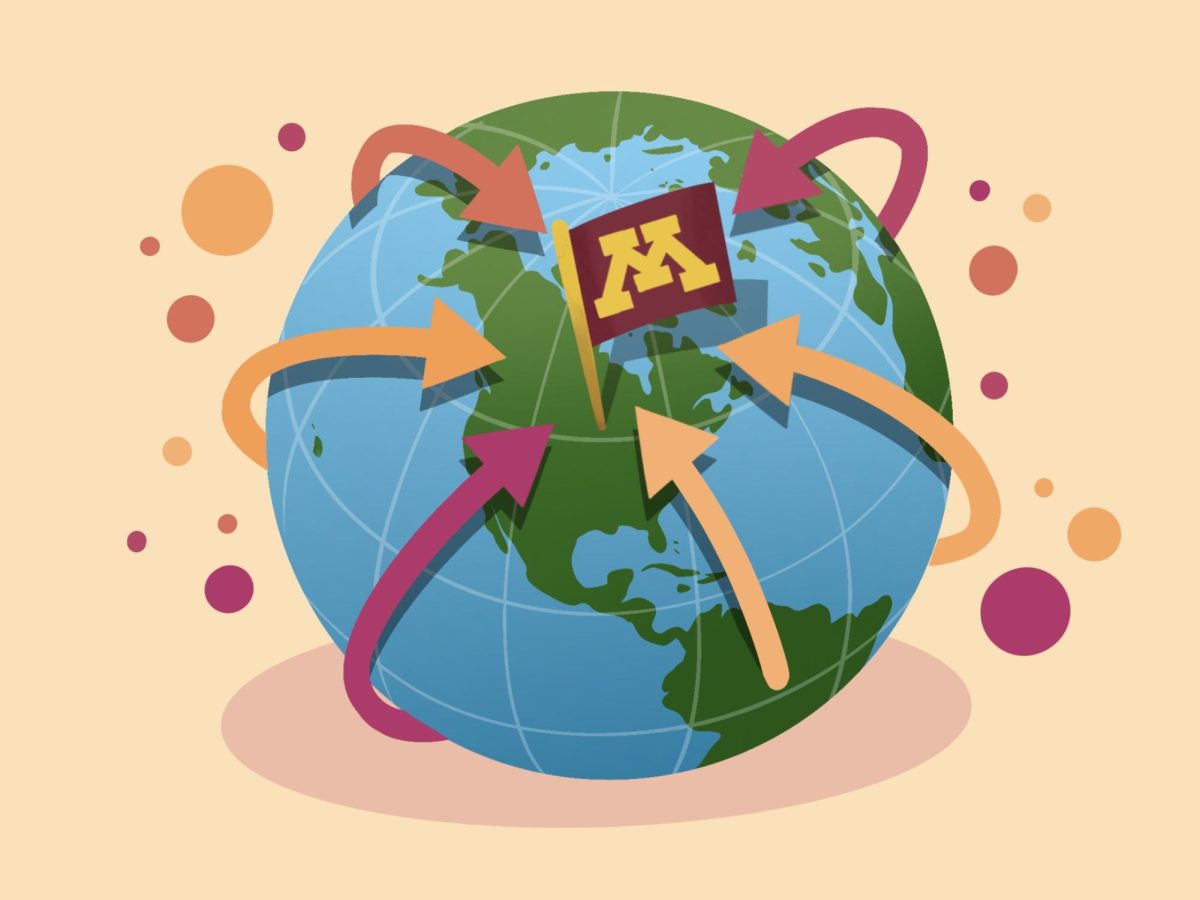The University of Minnesota recently announced that a new health sciences degree program, designed to address the national shortage of healthcare workers, will be launching on the Rochester campus in summer 2022.
In a collaborative project, the NXT GEN MED program will use new technology from Google to teach students in a hybrid format and connect them with working healthcare professionals from the Mayo Clinic, a medical center located in Rochester. The two-year accelerated program also includes future job opportunities for students at Mayo, encouraging more students to pursue health care jobs.
Through the NXT GEN MED program, students will earn a Bachelor’s degree in health sciences while working at the Mayo Clinic, said University President Joan Gabel in an interview with the Minnesota Daily Friday. Students will also take part in mentorship programs and connect with faculty.
“Mayo needs more people. Every health system needs more people,” Gabel said. “For the foreseeable future, there are robust employment opportunities for students with this set of experiences. Imagine the demand for a student who will not only have this incredibly forward-thinking degree, but two years of experience having worked at the Mayo Clinic.”
This partnership builds off of the University’s existing relationship with both Google and the Mayo Clinic. The shift to virtual instruction during the COVID-19 pandemic also encouraged the University to begin the process of building the program, Gabel said.
The University and Google are partnering to develop and introduce new technology for students to aid this degree program. Google Cloud will power the technology, a platform that allows users to build software and run websites.
For the University, this software may include virtual artificially intelligent tutors for students to use when professors may not be available. Other aspects may include artificial intelligence that can answer student questions on financial aid or student services, said Steven Butschi, Head of Education for Google Cloud.
The goal is to make these technologies available on students’ computers, cell phones and in University libraries, Butschi said.
“We’re helping the University of Minnesota use data and other components, like gamification and virtual reality and virtual assistants, to help students learn critical components of their medical education knowledge, and solve creative problems to help them prepare for their future careers,” he said.
Google and the University are developing this technology specifically for the program and will customize it based on the needs of students and faculty, Butschi said.
Though several other universities and some K-12 use Google Cloud’s technology, this is the first program designed for the health sciences.
“It’s a little bit different for each campus, and that’s the beautiful thing about it. It’s not off the shelf, like ‘I’m just going to go purchase this one thing.’ You actually can customize this for what your needs are on your campus,” Butschi said.
At their Feb. 12 meeting, the Board of Regents approved a purchasing agreement between Google and the University worth over $2.3 million, which granted the University ownership over the technology. The tuition revenue that the program will generate is projected to cover the cost of the purchasing agreement.
This ownership means that the Google Cloud technology can eventually be used in other programs or campuses in the University system, Gabel said.
“That technology can be used in other programs that should increase the demand for those programs and improve their quality. So this is an investment in the launch of this program, but it’s also an investment in being a more nimble, agile student-serving campus,” Gabel said.
NXT GEN MED will launch a pilot program with 50 high school students this summer to do an initial test run of Google’s technology.


















